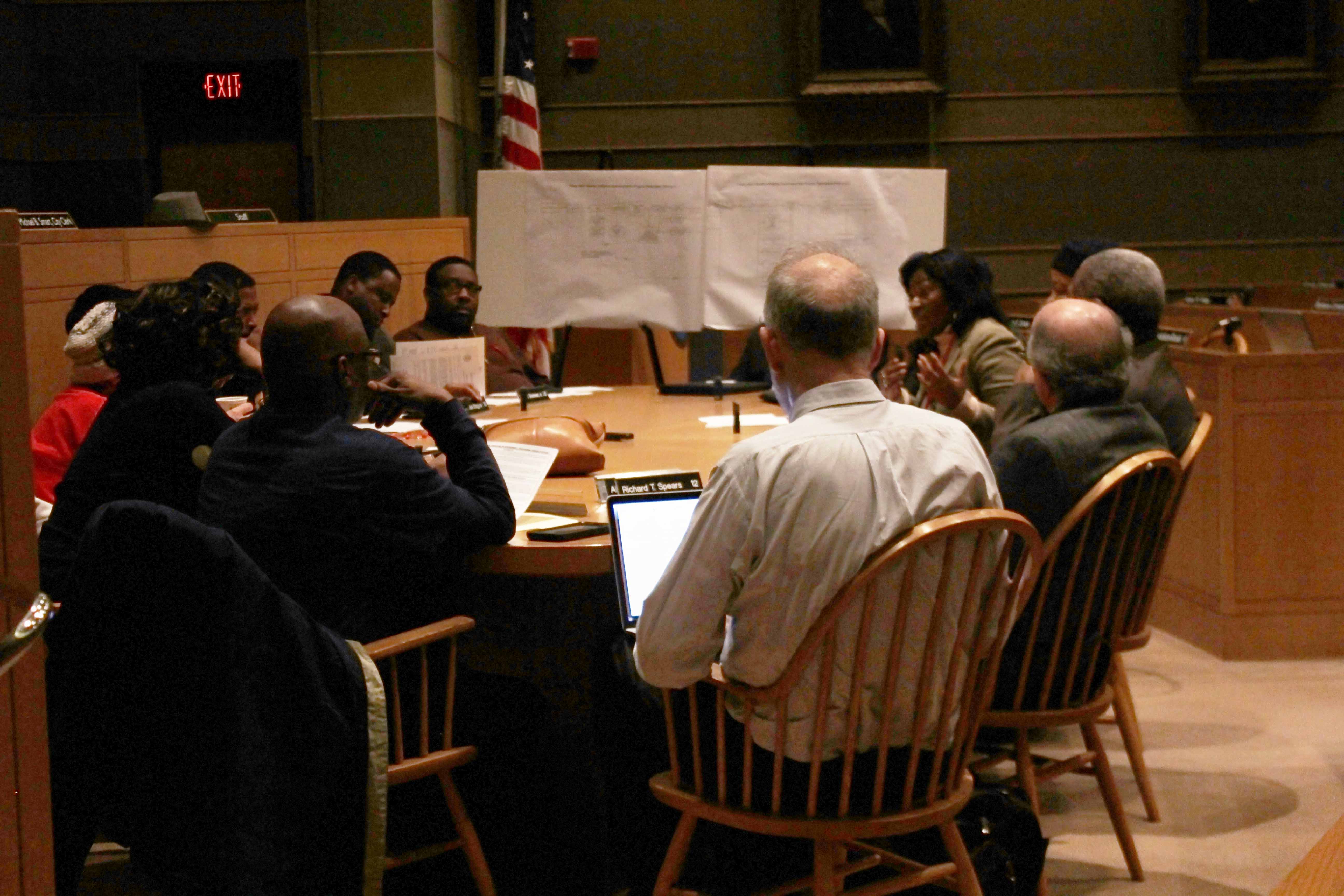
The City Human Services Committee unanimously voted to accept a $1 million “Second Chance” federal Department of Justice grant to support adults transitioning from prison to civilian life.
The grant will help fund Project Fresh Start, a new city-coordinated collaboration to reduce recidivism by 50 percent over five years. Project Fresh Start will enable the city’s three main reintegration centers — Project More, Easter Seals Goodwill and Community Action Agency — to be notified of individuals due for release from prison up to a year in advance. The centers will be able to work with detainees during this year to prepare them for life outside of prison. Providers will follow up with these individuals after their release for 12 to 18 months.
“Our intention is that people should not be dropped off on the [New Haven] Green cold,” New Haven Community Service Administrator Martha Okafor said.
Okafor said the funding will grant local service providers access to state Department of Corrections data and facilitate smoother collaboration between these support systems and the reintegration centers.
Though a total of 55 providers will be involved in the program as referral points for detainees, the city reintegration centers are ultimately accountable for the individuals.
“What made this application attractive to the feds is that it’s very community driven,” said Bill Carbone, director of the Town Youth Justice Institute and senior lecturer and director of experiential education at the University of New Haven. “This is a long-term investment in the city of New Haven.”
Germano Kimbro, Community Action Agency’s fatherhood engagement coordinator, said the city’s numerous community providers are trying to have a collective impact. Graves added that though individual programs have been striving to effect change for years, the collaborative efforts facilitated by the Second Chance grant will amplify their work.
Carbone said that, for the first time, community providers will be able to address issues such as barriers to transportation, child care and health as a collective.
“One of the critical pieces is how closely community service providers will be working with parole and probation,” Joe Parente, vice president of programs at Easter Seals Goodwill, said.
Carbone said he believes the proposal was attractive to the federal government because it requires providers to review the family needs of those convicted of a crime.
Anyone entering the prison system with a New Haven address is eligible for Project Fresh Start’s reintegration program. But every detainee in the New Haven prison system can select New Haven as their city of release. Okafor said the city will prioritize New Haven residents for the program.
The University of New Haven will serve as the independent research partner reviewing the efficacy of the program.
“They will be performing an independent evaluation of this work so that we can be held accountable … so that we can accomplish the expected outcomes,” Okafor said. “Our primary accountability is to the community we serve.”
Okafor said Project Fresh Start relies on continuous internal reviews for improvement. A monthly advisory committee that includes formerly incarcerated men and women have already been consulted in the program’s development.
Parente said the project is designed to have formerly incarcerated individuals on its staff. But, he said, this has not yet happened and could come if Project Fresh Start receives more funding.
The Human Services Committee is also on the lookout for potential donor money to reduce recidivism in New Haven.
“It’s going to make a big difference in our community,” Richard Furlow, the Beaver Hills alder said. “We want to hear good news and hear how we can get you some more money.”
The Human Resources Committee announced the receipt of the $1 million grant on Oct. 1.







